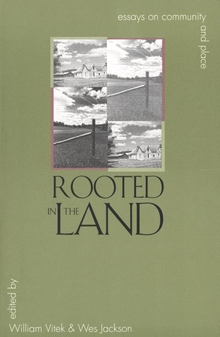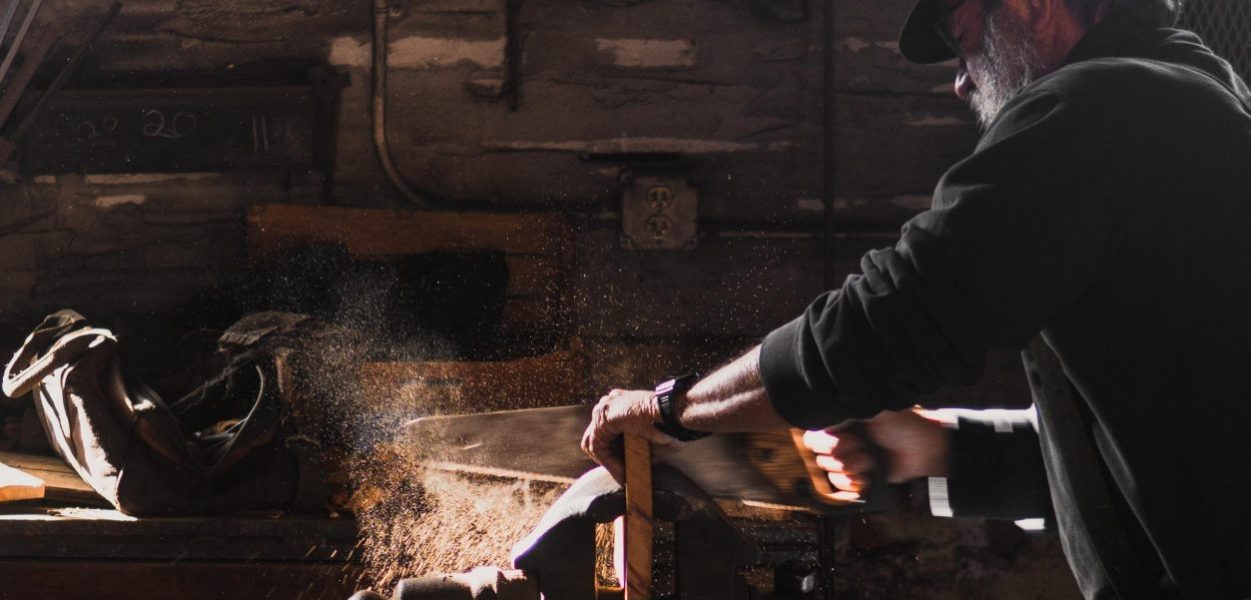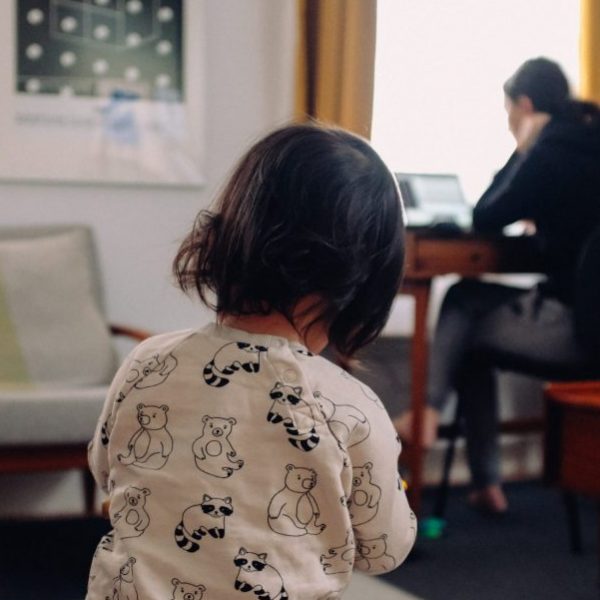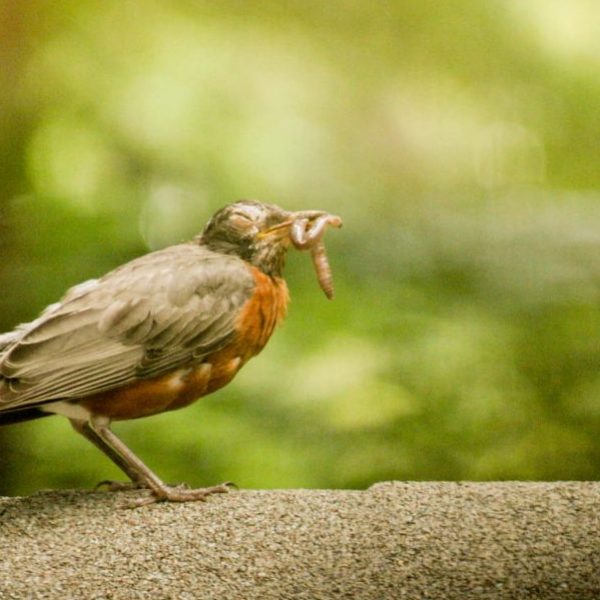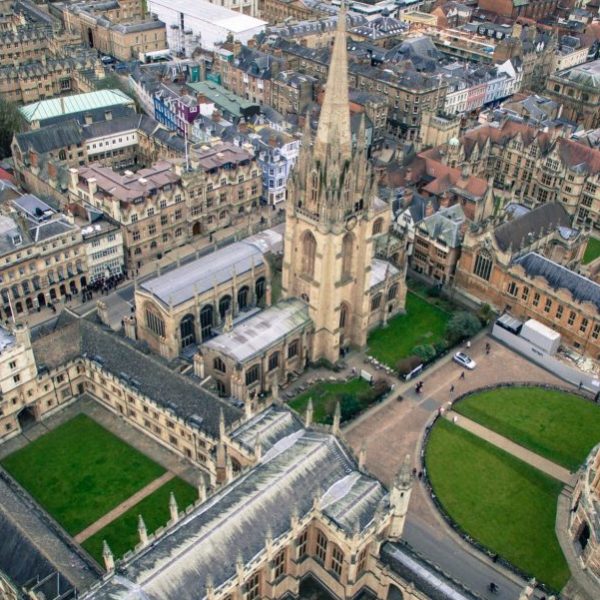“Hunker” Is a Verb
Bill Vitek—
As a philosopher and educator, and currently without students or courses to teach, I ponder and write about this moment with my stock-and-trade academic training, but also as a parent, spouse, brother, friend, and neighbor. I can report that currently all in my immediate orbit are reasonably safe and sound. It is a reminder that even as we experience the COVID-19 pandemic with millions around the world, those varied experiences are not remotely similar. Many are sick and dying, and many others are forced to expose themselves to the virus to make a living.
Time and space contract in moments like this one. Long-term plans are now made for hours or, at most, days in advance. Journeys stretch across town or from one room to the next. The directives and commands to shelter in place issuing forth from governments, medical experts, and grown children—at least mine—feel aggressive and claustrophobic. Still, for many, day-to-day efforts remain committed to a normalcy that assumes and depends upon motion of one kind or another regulated by calendars filled with appointments, if now only by remote internet platforms. This frantic busyness would seem quite foreign to the majority of those around the world who rarely or never venture far from home, who take time in busy days for spontaneous and unhurried conversations, and whose rhythms are more likely to be set by the weather, the seasons, and a more creaturely pace. I learned long ago—though I remain a slow learner even now at age 62—that such opportunities are available wherever one lives or at whatever pace one lives it.
It begins with a widening of perspective. History teaches us that pandemics are neither rare nor without positive features. Yale professor and author Frank Snowden chronicles centuries of epidemics appearing with clock-like regularity, occasioning misery and mistakes but also lessons learned. Reading this history is not just a “misery loves company” balm. It also demonstrates that hardships felt in such moments can coordinate compassion and creativity rushing out to meet it.
Perspectives also widen and deepen when daily rhythms shift and slow, and the background hum-of-the-world calls out with greater urgency. Food, shelter, and safety become primary concerns. Suddenly mindful of our own breathing and the breathing (and coughing) of others, the nameless faces at the supermarket and pharmacy reveal selfsame burdens and concerns. They were there all along, but only now seem visible. A welcoming humility greets the “busy-busy” types forced to slow down just long enough to witness all the work, love, and play that accompany the preparation of meals, home repair projects, and the impromptu conversations that fill the in-between spaces. And even in our largest cities the sounds of birds and breezes now emerge out of the silencing of frenetic machines.
It was not a pandemic that first put me into this frame of mind, but rather an academic job that took me and my wife, pregnant with the first of our four children, out of Brooklyn and to way-upstate Potsdam, New York. When we moved there in 1987, the county had more dairy cows than people, flourishing Amish and Mennonite communities, a good number of back-to-the-landers, and no public transportation options. Coyotes, turkeys, and white tail deer frequented the backyard, and the Raquette River flowed through town.
New jobs and parenthood have ways of focusing one’s attention on the immediate. But somehow I also found time to milk cows three mornings a week and visit Amish homes and woodshops. People I met there seemed always to be working but also talking and laughing. They stopped one thing to do another, even if it was visiting with neighbors who showed up unexpectedly. My new friend Clark Decker, a fifth-generation dairy farmer, would say with a chuckle, “We’re gaining!” when I asked him how things were going. To-do lists weren’t checked off as much as they were constantly growing and contracting, covered with coffee stains and scribbled phone numbers. I dedicated Rooted in the Land to Clark and his family for their patience and good humor in teaching a city kid like me to throw hay bales, boil maple sap, and so much more. And before long I began to hunker down.
In a genuinely tragic and terrifying moment like this one, there is little room for romantic notions of a simpler, slower life. There is nothing particularly romantic about hunkering down. The term denotes a crouching close to the ground while applying oneself to a task. It conjures up holding firm to something rooted against a strong wind or wave—a defensive posture but with a purpose that is immediate and existential, often ending in failure. The philosopher Alfred North Whitehead hints at it in his description of dramatic tragedy, the essence of which is “not unhappiness, but the solemnity of the remorseless working of things.”
Many times a day during these past few COVID-19 months, I find myself pausing and asking aloud: “What do I do now”? The question opens a window into a landscape that is both immense and immediate. My response—also aloud—is more often than not: “I don’t know.” Somehow those three words manage to invite company, conversation, and mutual aid.
We’re gaining.
Bill Vitek is a scholar in residence at Middlebury College. In 1996 he co-edited, with Wes Jackson, Rooted in the Land: Essays on Community and Place.
Further Reading:
